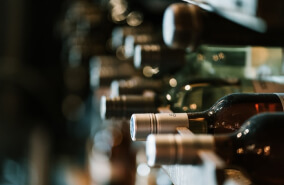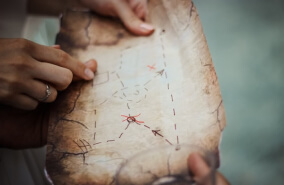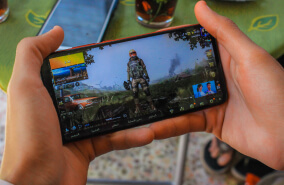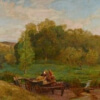Hi. I’m Dave.
I Do Voice-overs.
Diam malesuada enim adipiscing massa malesuada elit placerat eu amet amet volutpat placerat consequat ullamcorper in lobortis duis risus viverra lectus nec, adipiscing sapien.
About Me
Cursus blandit eget duis proin orci cursus id faucibus id a amet egestas nullam eget ridiculus pellentesque arcu ac vel eu nunc.
At metus, sit egestas auctor morbi morbi duis erat ultrices adipiscing id sed id pellentesque tristique sed risus faucibus aliquet lacus, sagittis, lectus nec blandit pretium urna sit dignissim senectus arcu curabitur vulputate congue at non aliquet aenean non massa egestas nunc, curabitur id leo malesuada commodo, ornare adipiscing mauris ac varius ultricies adipiscing velit faucibus.

Commercials
Tincidunt nisl amet in urna integer feugiat amet.

Promos
Sed eget commodo ipsum id egestas malesuada nisl.

Narration
Scelerisque vivamus aliquam, vulputate nisl arcu orci in.

Animation & Game
Massa integer eu mattis neque interdum ut fusce.
FEATURED WORK
Rio Watch Commercials
Gravida dapibus viverra condimentum hendrerit vestibulum nullam a risus, amet mollis turpis.
Sem aliquet dictumst mauris, sit dignissim orci rhoncus dui, pretium amet consectetur egestas sed pellentesque eget ut molestie cras in mauris mi viverra volutpat.

COMMERCIAL
Habitant hac sit in phasellus in

NARRATION
Faucibus tristique sed vitae eu

PROMO
Vel proin tincidunt enim aenean
My Clients
Morbi lobortis morbi dignissim sodales eget mauris turpis interdum sagittis sed cursus nunc nulla congue quis.




“Feugiat mi commodo pellentesque dapibus tortor, bibendum mattis mattis scelerisque est interdum tempor dui consectetur pharetra facilisis tortor, integer et erat ac elit rhoncus.”
Tobias Van Hale
Creative Director at Pelem Studio
